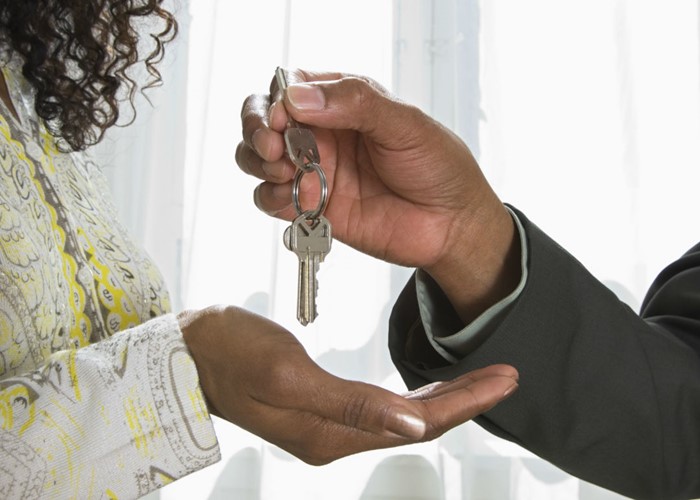How renting can damage your health

Landlords failing to carry out repairs or improve poor conditions in their properties are putting tenants' health at risk.
One in nine people renting their home says their health has been damaged as a result of failings by their landlord.
The study of more than 4,000 private renters by Shelter also revealed that 10% of renters with children said their children’s health had been affected by landlords failing to do things like carry out repairs or deal with poor conditions in the home.
Putting tenants’ health at risk
The research included some shocking findings including:
- nearly one in ten are living in a home with electrical hazards;
- just shy of one in five have a leaky roof or windows;
- more than a third have a damp problem in the property.
Shelter also pointed out that figures from the English Housing Survey suggest that over a third (35%) of privately rented homes do not meet the Decent Homes Standard set out by the Government.
According to this definition, a decent home is classed as one that: meets the minimum standards for housing (essentially meaning there are no serious hazards that could cause death or injury), is in a reasonable state of repair, has reasonably modern facilities and services and a reasonable degree of ‘thermal comfort’ (meaning it is insulated and can be effectively heated).
Your rights as a tenant
Landlords have certain responsibilities that they must meet by law. If yours is failing to live up to their side of the bargain, then do something about it! The below are applicable if you are a tenant rather than having a licence.
A responsibility to not disturb tenants
Your landlord cannot come in whenever they feel like it – they need to give proper notice and arrange a suitable time.
A responsibility to protect your deposit
Your deposit must be paid into an approved deposit protection scheme, before being returned to you at the end of your tenancy, so long as there is no dispute.
For moreon this, read Deposit security: how safe is your deposit?
A responsibility to follow certain procedures if they want you to leave
If a landlord wants to kick you out, they need to give you written notice and, if necessary, a court order. The exact legal procedure varies depending on the type of tenancy and the reasons for the eviction.
A responsibility to follow rules on rent
Landlords must inform their tenants of when and how the rent should be paid. They can’t refuse to accept a rent payment either.
Rent can only be increased at certain times and in certain circumstances across the tenancy.
A responsibility to carry out repairs
Tenants will be responsible for minor repairs and maintenance, things like internal decorations, looking after the garden, that sort of thing.
Almost everything else is the responsibility of the landlord, whether that’s issues with the roof and guttering or ensuring that the gas and electricity is in safe working order.
A responsibility to meet safety standards
Landlords must do each of the following:
- get a gas safety certificate for each appliance in the property;
- ensure that any necessary work identified by gas engineers is carried out;
- ensure furniture meets fire safety standards;
- ensure the electrical equipment provided is safe.
The Evict Rogue Landlords campaign
The survey is the latest stage in Shelter’s Evict Rogue Landlords campaign. It’s important to note that the vast majority of landlords do a fine job and are more than aware of their responsibilities.
However, the fact that some tenants are living in substandard properties, with their health and the health of their children potentially at risk, is completely unacceptable.
A number of councils have signed up in support of the campaign. You can see the list on this section of the Shelter site.
What do you think? Is your landlord meeting their responsibilities? Do you think rogue landlords are a problem in the rented sector? Let us know your thoughts in the Comments box below.
More on renting your home
Lodgers vs tenants: how your rights and responsibilities change
Letting agents to be regulated
Government landlord licensing scheme branded a failure
New websites allow landlords to review their tenants
Dealing with letting agents
What to do if you're struggling to pay the rent
Ask these questions before you rent!
Comments
Be the first to comment
Do you want to comment on this article? You need to be signed in for this feature